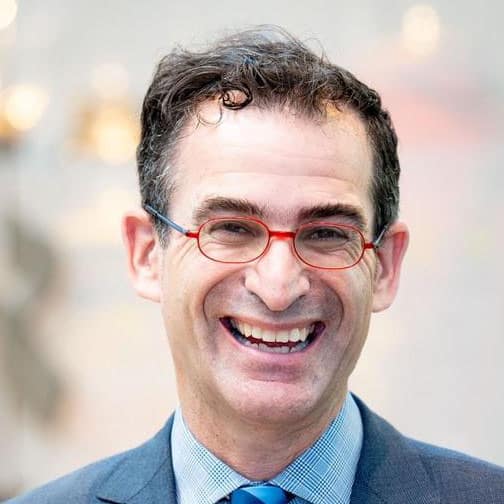
Dear all,
Someone once asked me, “Where do rabbis come from?”
While some of my colleagues are second and third generation rabbis, my journey took a different road.
I grew up in a home that was very Reform. Please don’t confuse “very” Reform with secular…. On the contrary – we were very involved in the Reform Movement. My sisters and I went beyond B’nai Mitzvah and onto Confirmation and Post Confirmation. We were all leaders in our Temple Youth Group. And I spent three years at a Reform Jewish summer camp.
It was during that first summer at camp, when I was 11 years old, that I met young guitar playing rabbis, and I was inspired by the music. I came home, told my parents, “I think I want to be a rabbi” and proceeded to teach myself to play guitar.
In high school, my love of music, intertwined with a growing aspiration to bring goodness into the world through the treasures of Judaism, deepened my desire to chose the rabbinate as my profession.
My own rabbis in Boston, Bernard Mehlman and Ronne Friedman, shared, “If you want to be a rabbi, don’t major in Judaic Studies in college. Get a good, well-rounded liberal arts education.”
So I attended Colby College in Maine – and I majored in Spanish.
In my senior year, I applied and was accepted to the Hebrew Union College – Jewish Institute of Religion (HUC-JIR), the Reform Jewish Seminary for Rabbis and Cantors – as well as a school for Educators and Non-Profit Professionals.
HUC-JIR gave me the tools, sharpened my dreams, challenged my brain, and nourished my soul. After five years (earning a Master’s in the process), I received smicha/ Rabbinic ordination.
So, why did I become a rabbi?
To be a learner and a teacher.
To help people find wholeness.
To enter the rhythm of families in a variety of life-moments.
To connect people to their ancestors as well as their descendants.
To find meaningful ways to connect with God.
To engage in Tikkun Olam (reparation of the world).
To foster a love of Israel.
To disturb people who ignore those in need.
And – as I realized early in life – to bring goodness into the world.
Perhaps you or someone you know would love to do this as well.
Where do Rabbis come from? Sometimes they come when someone takes a moment in time to just ask the question, “Have you thought of becoming a Rabbi?”
With love and shalom.
Rabbi Zach Shapiro























 More news and opinions than at a Shabbat dinner, right in your inbox.
More news and opinions than at a Shabbat dinner, right in your inbox.